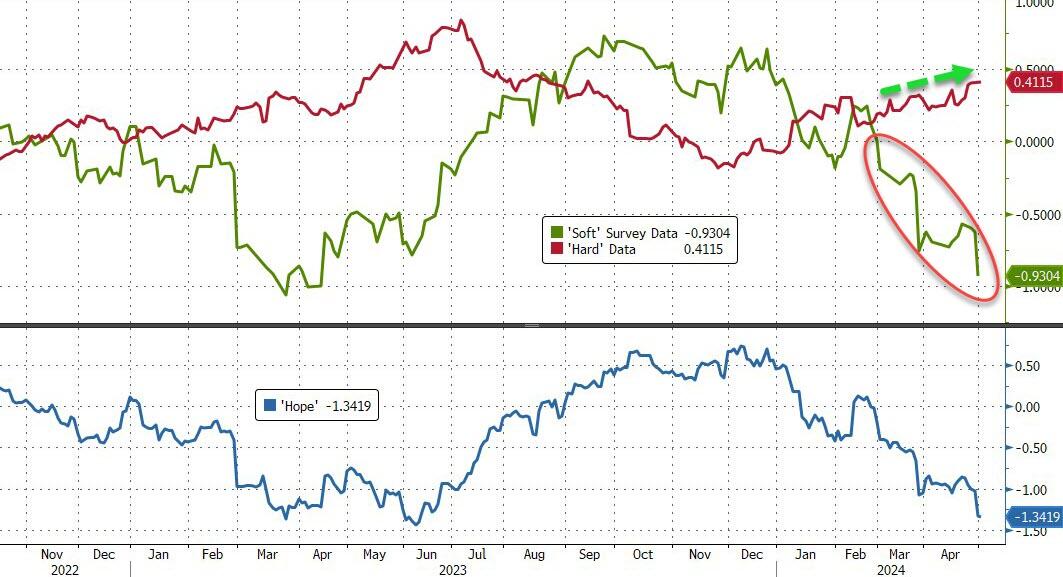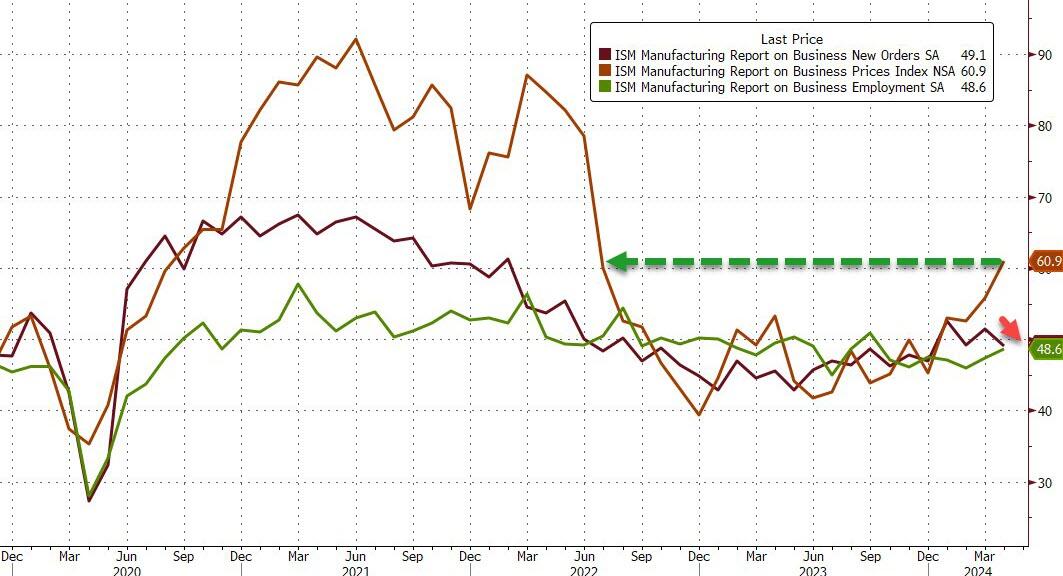The expected withdrawal of U.S. forces from Niger will endanger U.S. counter-terrorism operations and hand Russia more influence in Africa as American and western ties on the continent fracture.
Around 1,000 troops in Niger are expected to eventually withdraw from the country after the conclusion of ongoing high-level talks between Niamey and Washington following a military coup in the African country last year, the Pentagon has said.
A forced withdrawal from Niger is a major setback for U.S. military as it fights against Islamic extremist groups across the Sahel, a volatile region that stretches from Senegal in western Africa to the Red Sea.
At risk for the U.S. is not just keeping ISIS, Boko Haram and other insurgent groups in check, but also the growing influence of Russia, Iran and China, all of which are jockeying for power in Africa along with the West.
But Western powers like the U.S. and European Union seem to be losing the battle in the Sahel.
“There’s been this hollowing out of all of the international security cooperation,” said Joseph Siegle, director of research of the Africa Center for Strategic Studies at the Pentagon-funded National Defense University. “They were all part of a broader regional effort to try to support those countries.”
Siegle attributes the shift to a series of governments being toppled by military juntas and an anti-western disinformation campaign supported by malicious actors in Russia or other hostile nations. But he said closer ties with Russia will harm those countries in the future, because Moscow is not investing economically into those nations.
“These countries are going to feel huge strains, and they’ll continue to try to put on a good face to [show] this is working, but it’s not something they’re going to be able to sustain,” he added. “Something’s going to have to give here.”
The immediate risk of a Niger withdrawal is that the Sahel could erupt into more violence as the U.S. and France, along with other western powers, face eroding influence with military juntas that have close ties with Russia and other rival powers.
Threats from al-Qaeda and ISIS-linked insurgent groups have already spiked in other countries ruled by military governments, including Mali, which booted French forces in 2022 but has since seen terrorist groups double their territorial control.
Jacques Du Preez, analyst at the South African research and intelligence firm In on Africa, warned that a hollower U.S. presence in the Sahel could create conditions for an Islamic extremist resurgence like the rise of ISIS in 2014.
“It’s the most active frontier in the global conflict against terrorism outside of the Middle East,” he said of the Sahel. “The place that al-Qaeda and ISIS both focused in on was the Sahel.”
“They understand that this is a very vital region [and] very strategic region that if they could get a foothold,” he explained, “it could allow them to have a very big impact, not just in Africa, but also in surrounding regions like Europe.”
Du Preez also stressed that other nations in the Sahel region are at risk if instability rises, including Nigeria.
A near-term risk is Chad, where the U.S. is repositioning some troops after a military coup about three years ago. Talks are ongoing, however, and are expected to pick up after elections beginning May 6.
Chad’s leader, Mahamat Idriss Déby, has closer ties with the U.S. than he does with Russia.
Déby will likely prevail in what is expected to be a sham electoral process and would have no reason to push the U.S. out of the country, experts say. Still, Chad faces other political factions inside of the country that are closer with Russia, posing a potential longer term threat.
“The Russians have thrown a lot in with many of [Déby’s] potential challengers,” said Du Preez. “There’s a clear move to isolate Chad and attempt to install their own regime.”
While experts see the rise of juntas — and sidelining of western powers — as creating instability that could empower terrorist groups, these same military leaders have cited the inability of governments to suppress extremist threats as justification for their takeovers.
The Niger government fell in a July military coup that paved the way for Gen. Abdourahamane Tchiani to seize power, promising to more effectively counter terrorist threats.
Instead of turning to the West, Tchiani has fostered relations with Russia’s private military company Wagner Group, which has ties to Moscow and has long exploited the resources of African nations.
The Wagner Group was previously led by founder Yevgeny Prigozhin, who staged a short-lived mutiny against Russian President Vladimir Putin and was killed in a plane crash last August.
Putin has since moved to exert more influence over the mercenary group, which gives Moscow a low-profile foothold in Africa. Wagner Group appears to have rebranded into a successor in the newly formed Africa Corps, which sent military trainers to Niger in April.
Russia also has close relations and security agreements with Mali and Burkina Faso, both of which are controlled by military juntas, and Libya, a country torn between two major rival factions. The Central African Republic is also close to Russia and is reportedly discussing an agreement to host a Russian military base.
A scaled-back U.S. presence in the Sahel is likely to encourage more Russian influence in the region, particularly if terrorist threats grow.
Siegle, from the National Defense University, said the “main way that Russia has gained influence is at the expense of the West.”
“A lot of this is an information war that’s happening,” he said. “But its entry point are these military leaders who are authoritarians that are seeing Russia as their strongest international patron to keep their hold on power.”
It’s not just Russia: China also has its hands in Africa.
The Chinese Belt and Road Initiative, a project of large-scale investments primarily for infrastructure in Asia and Africa, has financed loans to African nations that the West has accused of being predatory to give Beijing military, financial and political influence. China, however, only has one base in Africa, in Djibouti.
Iran is also another regional player, backing a proxy group called the Islamic Movement of Nigeria and the government in Sudan, which is waging a destructive civil war against a rebel group.
Last year, Iranian President Ebrahim Raisi traveled to Kenya, Uganda and Zimbabwe to shore up ties with all three nations.
Some experts see a populist, anti-western movement that is organic in nature — even if fueled in part by China and Russia and exploited by military juntas — and centered on long-standing grievances with formerly western colonial powers, but also disenfranchisement with the current state of conditions.
Abigail Kabandula, director of the Africa Center at the University of Denver, said the U.S. is losing its influence in Africa partly because Washington has failed to address terrorism, a threat she added has “mushroomed” in the past decade.
“The question that a number of [people] propose is why is the West or the French in the region if we still have the same problems and the problems have actually grown?” she said. “It’s a matter of rethinking the whole counterterrorism approach in the region. Whether we have the U.S. or not, it’s about how counterterrorism is being addressed.”
Kabandula also said the U.S. has relied largely on security arrangements with African nations in the Sahel and failed to focus more cooperation on economic or other needs, creating a “power vacuum around the continent.”
“The U.S. has not supported a number of countries in the things that they wanted to pursue,” she said. “A number of African countries have really asked for other things like development, development projects, development aid, or infrastructure development. Those have not come forth from the U.S. and so African countries [look] to China for help.”
Will Walldorf, a professor studying politics and international affairs at Wake Forest University, said he supports the U.S. withdrawal from Niger because it can allow Washington to recalibrate its approach to Africa and counterterrorism.
Walldorf said the U.S. focus on counterterrorism is “missing the heart of the problem” and that it was “staggering” how terrorism has surged under U.S. watch.
“The lack of good governance, the lack of meeting the everyday needs of citizens in West Africa, where we know food insecurity is extreme, has been really the core driver of terrorist recruitment in the region,” he said.
“If you can get to those sort of core issues,” he added, that would be “on a different playing field then what we’re offering now in terms of kind of a force-first approach.”
https://thehill.com/policy/defense/4634201-us-losing-ground-russia-africa-niger/



